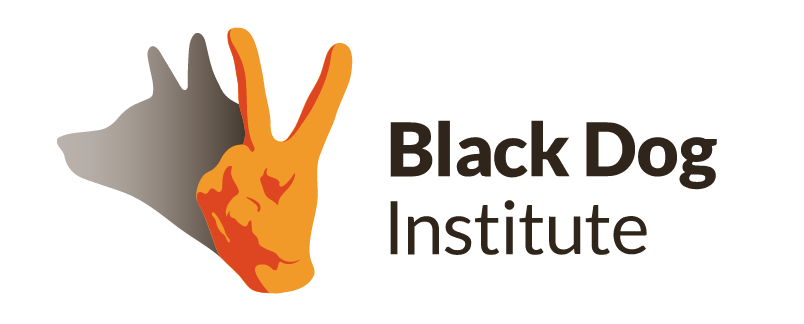Black Dog Institute
The Black Dog Institute is a medical research Institute and a global leader in translational mental health research, with a vision of a mentally healthier world.
Black Dog Institute utilizes the latest technology to rapidly implement new scientific discoveries into real-world settings. Conducting world-class research, the team at Black Dog Institute investigates the causes of mental illness and drives evidence-based treatments and solutions that improve lives.
Founded in 2002, Black Dog Institute's areas of strength include suicide prevention, e-mental health, workplace mental health, novel treatments and prevention in young people.
Based in Sydney, Black Dog Institute reduces stigma and encourages help-seeking through evidence-informed education programs in schools, communities, healthcare settings and workplaces nationally.
About
Service regions
- All of Australia
Focus populations
- Aboriginal and Torres Strait Islander communities
- Lived experience
- Multiple focus
Activities
- Provides Policy Information
- Conducts Research
- Provides Factsheets
Organisation type
- Not-for-profit
- Research institute
Affiliations
- UNSW Sydney, Prince of Wales Hospital
